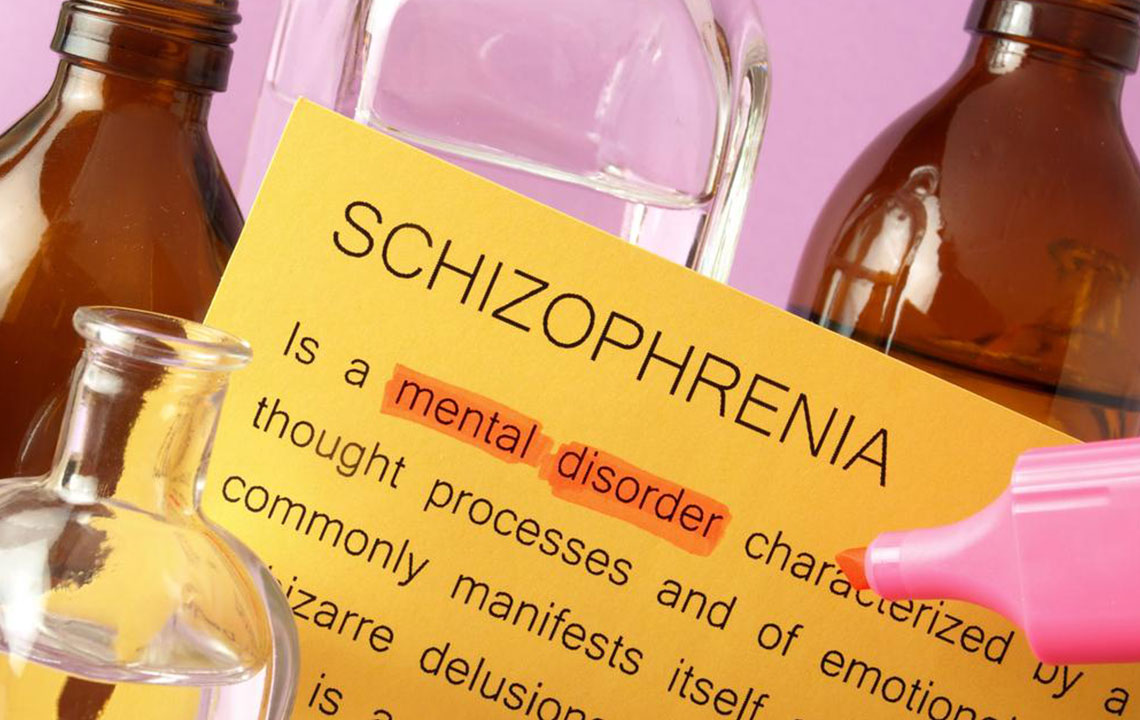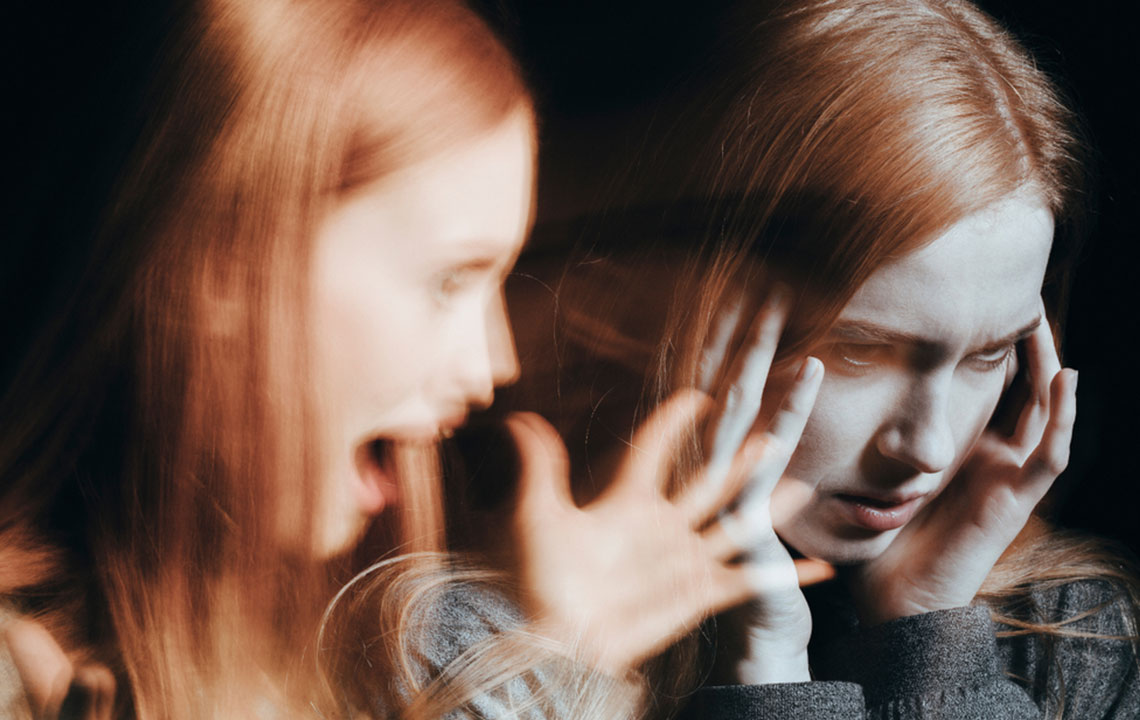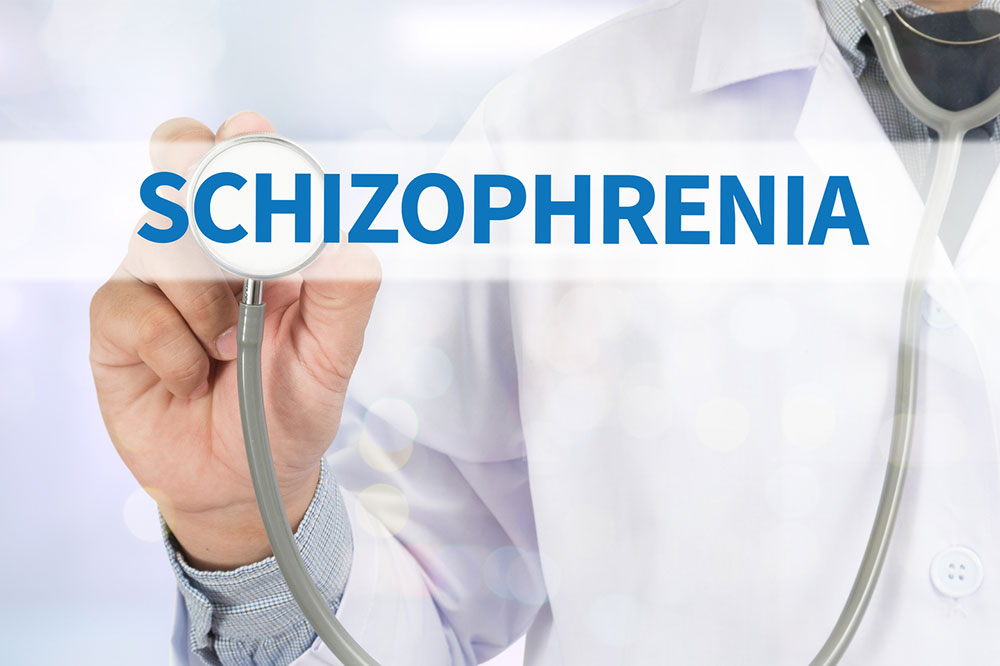Common causes and types of schizophrenia
Schizophrenia is the most disturbing of all chronic mental disorders. To compound matters, it has no cure either. However, if detected earlier on and treated properly, one can live an active, productive life and can also be fairly well adjusted to social needs. Properly treated means not only medication but a therapy which is lifelong. Complete therapy is a package of medication, counselling, rehabilitation and long-term strong family support. Early detection improves prognosis significantly.

Causes of schizophrenia
The exact causes of the ailment are not known. The current thinking is that a combination of factors like heredity, defects in fetal development, brain chemistry like the imbalance of neurotransmitters, dopamine serotonin, and glutamate are the causes. This imbalance causes them to react differently to sensory stimuli like loud music, bright light etc. This problem in processing the sensory stimuli can lead to hallucinations or delusions.
Another reason attributed to the cause is exposure to severe infection, especially viral. In some cases, if women in gestation have been exposed to viral infection, the child is found to have a higher risk of developing schizophrenia later in life. Similarly, those who are had severe infections are also found to run a higher risk. Those who have immune disorders are also at a higher risk.
Categories of schizophrenia
The medical profession has categorized the permanent symptoms into two categories: one is disturbances which are added to the personalities of the patients, and the other is capabilities that are lost from his personality. Positive symptoms are delusion, which is false ideas, like believing that somebody is spying on the patient or the patient is someone very famous or a religious figure. Hallucinations are false sensory inputs like seeing, feeling, tasting, smelling, or hearing something that does not really exist. The most common is voices that command or comment.
Disordered thinking and speech is wandering from one topic to another with no sense or rhyme. Patients may make their own sound or words which rhyme with each other and which do not make any sense. Disorganized behavior can be choosing inappropriate dresses or being lax in matters of personal hygiene, or uninhibited and unprovoked actions. One may also have agitated, tense, or anxious motions for no apparent reasons. Negative symptoms are extreme apathy (lack of interest or enthusiasm), social withdrawal, lack of drive or initiative and emotional flatness.
The enormity of the trouble and the importance of the whole package of treatment has become evident from the above. The importance of long term family support and commitment are important in the successful rehabilitation of the patient and their continued sane existence. An added problem is sudden relapse, which is a common feature of schizophrenia. Most do relapse soon after discontinuation of treatment.




